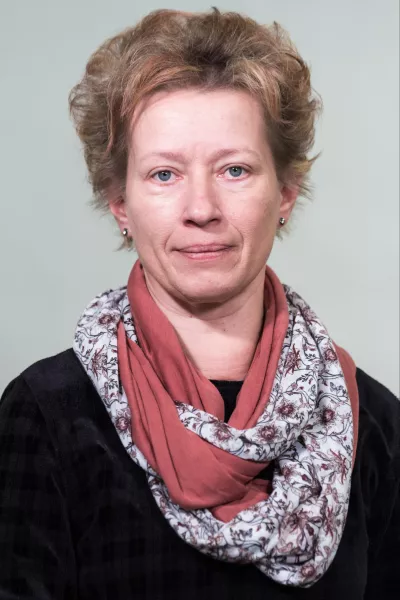Johanna Vass

Johanna Vass, PhD, represents the HUN-REN Centre for Ecological Research, where she has been working as a librarian since 2021 as a librarian, in the ARP project. Prior to the research institute environment, she gained experience in many types of libraries: national library, museum library, art library, digital collection, etc. She defended her doctoral thesis in 2021 within the framework of the doctoral program in library science at ELTE Doctoral School of Literature. Between 2019 and 2023, she has been a lecturer at the ELTE Institute of Library and Information Science.
Last year, she participated in the ARP project with data provided by the following research groups: I. Biodiversity in the grips of agriculture and urbanization (Momentum Landscape and Conservation Ecology Research Group, “Élvonal” Research Excellence Program, NKFIH KKP 133839. Lead researcher: Péter Batáry DSc). and II. . Exploring the role of intraspecific trait variation in assembly of terrestrial plant communities (Large-scale Vegetation Ecology Research Group, NKFIH OTKA K 124671. Lead researcher: Zoltán Botta-Dukát DSc).
In 2024, Johanna participates in the ARP project with data provided by the following research group:
Implementation of an innovative surveillance system for invasive mosquitoes based on citizen science in Hungary with implications for research and practice (Evolutionary Ecology Research Group, OTKA K135841. Lead researcher: Garamszegi László Zsolt, DSc)
The task of the program is the continuous assessment and monitoring of the biting mosquito population in Hungary. The monitoring of invasive biting mosquitoes plays an important role, because these alien species can potentially spread many pathogens that are dangerous to both humans and domestic animals, so they represent a constant epidemiological threat. During the monitoring, data on the distribution and activity of the species are collected throughout the year through public reports and field trapping sampling. The collected samples are continuously screened for various pathogens using genetic methods, and the results are made into distribution maps accessible to everyone.
Vass’s primary aim as an ARP ambassador is to support the needs of her research community in terms of data management and provide them assistance in repositing data.